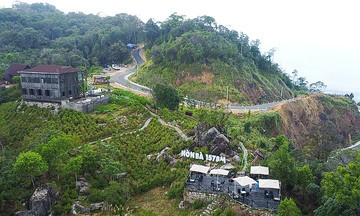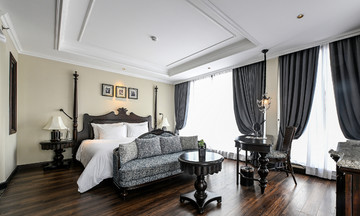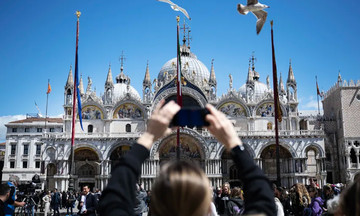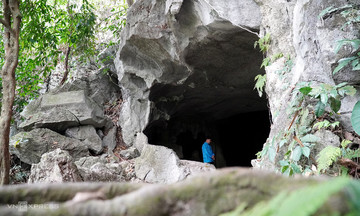On Bangkok's Khao San Road, a haven for backpackers, shops display a variety of cannabis products, from strains promoting relaxation and mood enhancement to those offering energy boosts or euphoria. Since Thailand legalized cannabis three years ago, thousands of such shops have sprung up across the country, often marked by vibrant neon signs depicting cannabis leaves.
However, new government regulations issued in June, re-criminalizing recreational cannabis use, have brought Thailand's USD 1 billion cannabis industry to a halt. Shops are scrambling to comply with the new requirements, and many fear they will be forced to close.
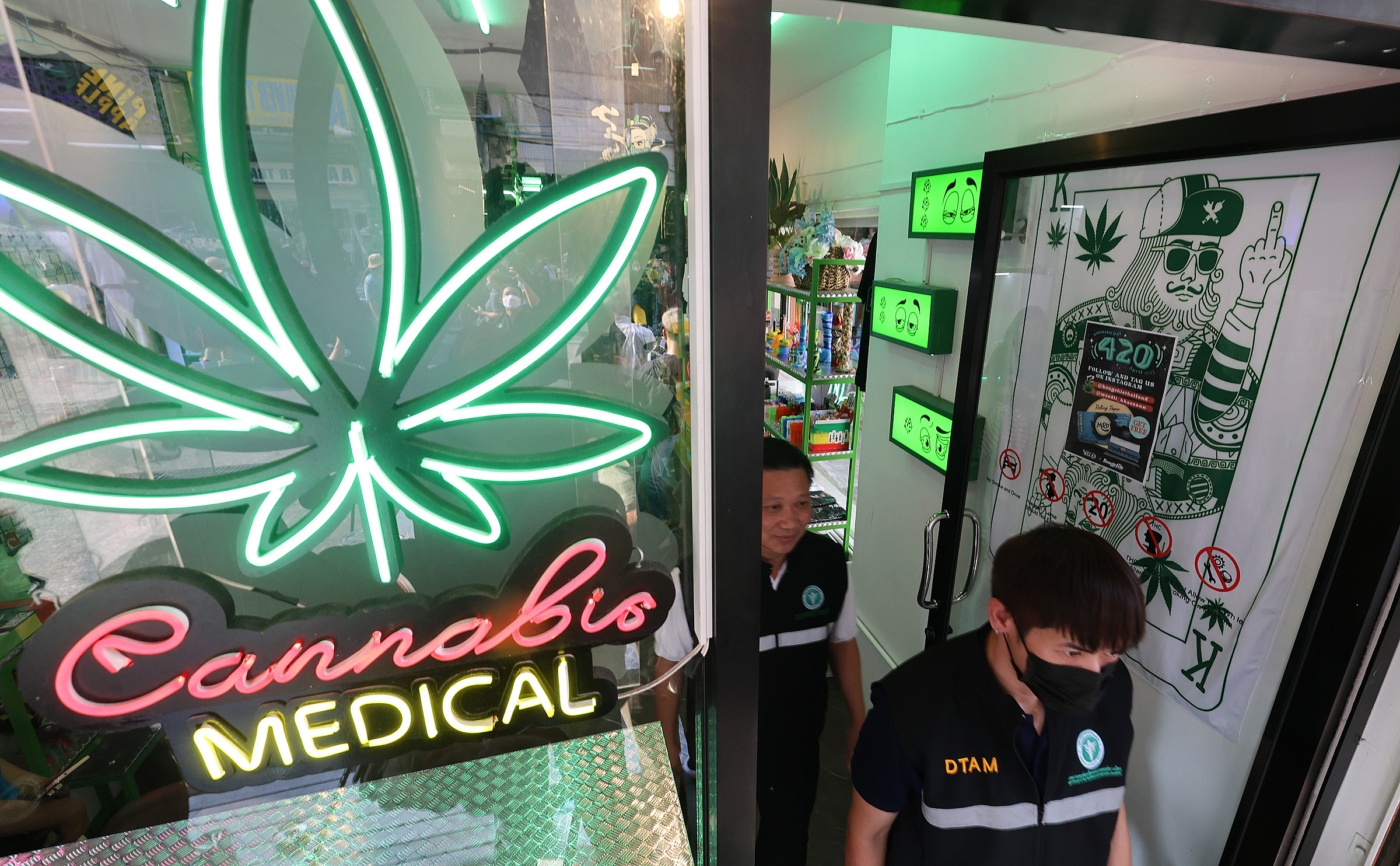 |
A cannabis shop in Bangkok. Photo: Nikkei Asia |
A cannabis shop in Bangkok. Photo: Nikkei Asia
The new regulations require a prescription from a medical professional for all cannabis purchases at these shops. Details on how the new regulations will work and guidance on issuing prescriptions are still being finalized. Recent reports indicate that shops may have to register with the government as clinics.
For entrepreneur Natthakan Punyathanaworakit, this announcement was the final straw. She closed one of her three cannabis shops in Bangkok after the new regulations were announced.
"Most of the registered shops will have to close," she said, adding that many shops might operate underground.
Minister of Public Health Somsak Thepsutin said the reforms aim to improve public safety and protect children. However, cannabis shop owners argue that the issue has been politicized and that these changes will unfairly push small businesses, unable to afford medical professionals, out of the market.
The decriminalization of cannabis marked a major policy shift in Thailand, a country once known for its tough stance on drugs. The change paved the way for thousands of people convicted of cannabis-related offenses to be released from prison, while politicians promised new economic opportunities.
Despite this, the legalization was criticized for being rushed without adequate safeguards. Piecemeal regulations were issued after decriminalization, for example, prohibiting cannabis in schools, as well as banning sales to people under 20 and pregnant women.
The proliferation of cannabis dispensaries also caused public unease, while cannabis smuggling has increased. Earlier this year, two young British women were arrested in Georgia and Sri Lanka after flying from Bangkok with large quantities of cannabis. Both face lengthy prison sentences.
However, cannabis entrepreneur Chokwan Chopaka fears the new regulations will not improve safety standards. For small businesses wanting to comply, the latest rules are too costly.
"Small retailers, family-run shops – where the wife helps trim the leaves while the husband grows the plants – will have to close," Chokwan said.
Hoai Anh (The Guardian)



